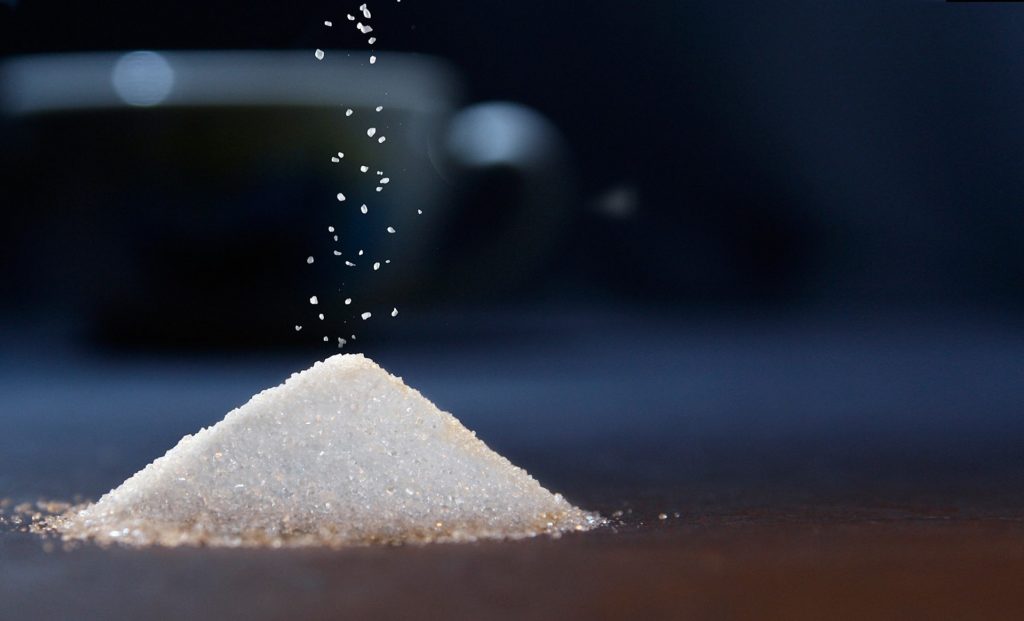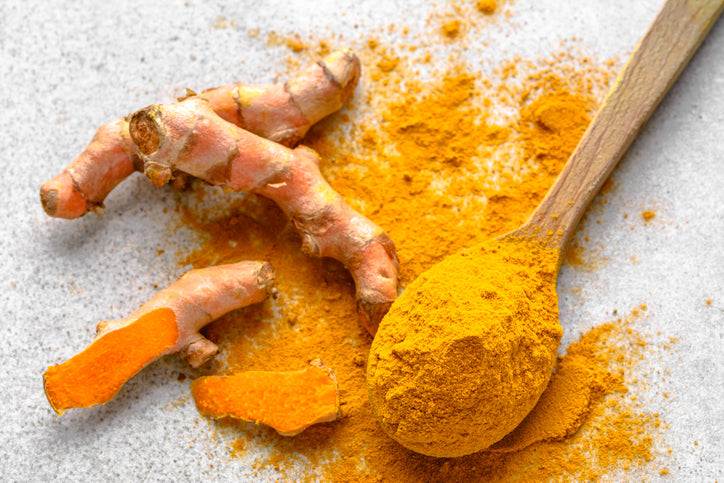You Could Feel So Much Better
In our previous posts we informed you that we designed Crave Stop with two primary functions.
- Control sugar cravings.
- Counteract the negative effects of stress.
We’ve spent plenty of time telling you about the first function - this blog post will start by showing you how we fulfill the second.
After that, we’ll bring you some other information on the different ways reducing your blood-sugar can help you, even if you don’t combat diabetes or struggle with weight gain.
Our Common Enemy… Stress
Have you ever found yourself eating because you’re stressed? Of course you have! It’s a very common habit. But why do we do it?
When we start to become stressed, we experience higher levels of a hormone called “cortisol.” Think of this as our body’s alarm system. It kicks in to alert us that we are starting to feel under pressure, and we need to manage the situation accordingly.
We mentioned in our first blog that the consumption of sugar leads to the release of dopamine, which helps us experience a reward-like sensation. We start to relax.
To feel the presence of cortisol - to experience stress - is uncomfortable. So we start craving sugar to put an end to those symptoms.
But the relationship stress has with our food doesn’t stop once we’ve eaten - it continues into our digestive tract. Stress completely changes our body’s ability to properly digest and utilize the food that we eat. Just a few of the side effects are:
- Affects how quickly food moves through the body - causing diarrhea or constipation.
- Limits what nutrients your intestines can absorb.
- Can induce muscle spasms in the bowel, along with bloating and nausea.
So how can Crave Stop help? Let’s investigate this week’s ingredient: American Ginseng
Investigating the Ingredients - American Ginseng
American Ginseng is a beautiful low-lying plant that blooms on the forest floor and is also a brilliantly powerful adaptogen.
Because of its adaptogenic properties, this gives American Ginseng the ability to balance our HPA axis - meaning it can help lower cortisol, thus mitigating the effects of stress, and subsequently, decreasing the opportunities for cravings.
Every adaptogen has its own area of expertise, and American Ginseng’s is balancing blood sugar levels - but NOT to the point of hypo-glycemia! Meaning it can help lower your blood sugar to its ideal fasting glucose level, without the fear of a sugar crash.
So How Else Does Excess Sugar Hurt Us?
We didn’t create Crave Stop simply to fight against weight gain. Little do people know there are plenty of other problems excess sugars pose us on a daily basis.
We want to help you stand against all of them.
Depression
The rollercoaster of blood sugar levels we ride daily, courtesy of our high-glycemic diets, is thought to accentuate the symptoms of mood disorders.
Furthermore, there is a definite link between heavy sugar consumption and being at increased risk of depression - as indicated by various studies held in the PubMed database from the National Institutes of Health.
Sugar suppresses a hormone known as BDNF - the same hormone shown to be low in subjects with depression and schizophrenia. Sugar is also at the core of the issue when it comes to those suffering from chronic inflammation - another symptom related to depression. Finally, countries with the highest rates of sugar-intake also have high rates of depression. Countries with very low sugar-intake similarly have lower rates of depression.
Accelerates the Aging of Skin
We’re big advocates of aging gracefully - allowing nature to mold us as it will. We will all get wrinkles eventually - it’s a part of life. Why fight it?
Having said this, to advocate against fighting it is not the same as advocating to help it. But, according to research conducted by the National Institutes of Health, that is exactly what our high-glycemic diets are doing.
Advanced Glycation End Products, or “AGEs”, are compounds formed between reactions of sugar and protein in your body. They are the result of diets that are high in refined carbohydrates and sugar… and they have been shown to play a key role in aging your skin prematurely.
AGEs are the perpetrators of damage to two of your proteins: elastin and collagen. These proteins are paramount in helping your skin stretch, thus keeping its youthful appearance. When elastin and collagen are damaged by the AGEs produced by our sugar-heavy eating habits, our skin starts to sag and wrinkles start to appear.
Memory Loss
Perhaps the most haunting of the damage excess sugar wreaks is that of the memory.
We have known for sometime that those who suffer from type 2 diabetes may be at an increased risk of dementia.
Vascular dementia is frequently caused by reduced or blocked blood flow to the brain, and diabetes has been shown to damage blood vessels in the brain.
However, some are now saying that it’s not just those with diabetes - anyone with a high-blood sugar level may be at risk.
Studies first published in the journal, Neurology, have shown that when it comes to testing “word recall” that subjects with lower blood sugar will have higher scores than those with high blood sugar.
We Could Go On
These are just a few of the ways high-blood sugar can impair us.
This is why it is so important to not just see high-blood sugar as something diabetics struggle with - but something that affects us all. It’s part of living in a world where there are so many hidden sugars.
This week we’re shedding light on…
Granola
Some of you may know this one already - these sugars aren’t necessarily hidden, but you wouldn’t expect them to be there. Granola is consistently marketed as one of the healthiest breakfast options. And to be fair, a blend of oats, nuts, and seeds does seem like the right way to start your day.
Unfortunately, there’s much more to granola than that. With all of the molasses, evaporated cane juice, and corn syrup, for every ¼ cup serving you have, you’re likely consuming roughly 8 grams of sugar.
The Feeling is Fleeting
When you consume your sugar, and that hit of dopamine takes you, we don’t deny that you feel wonderful.
But that feeling doesn’t last forever.
Soon, the sugar high crashes, and you are left to live with the consequences of high-blood sugar.
We’ve shown you how devastating those consequences can be.
It’s time to control your craving and stop your stressing. Make the change today.
Related Posts





